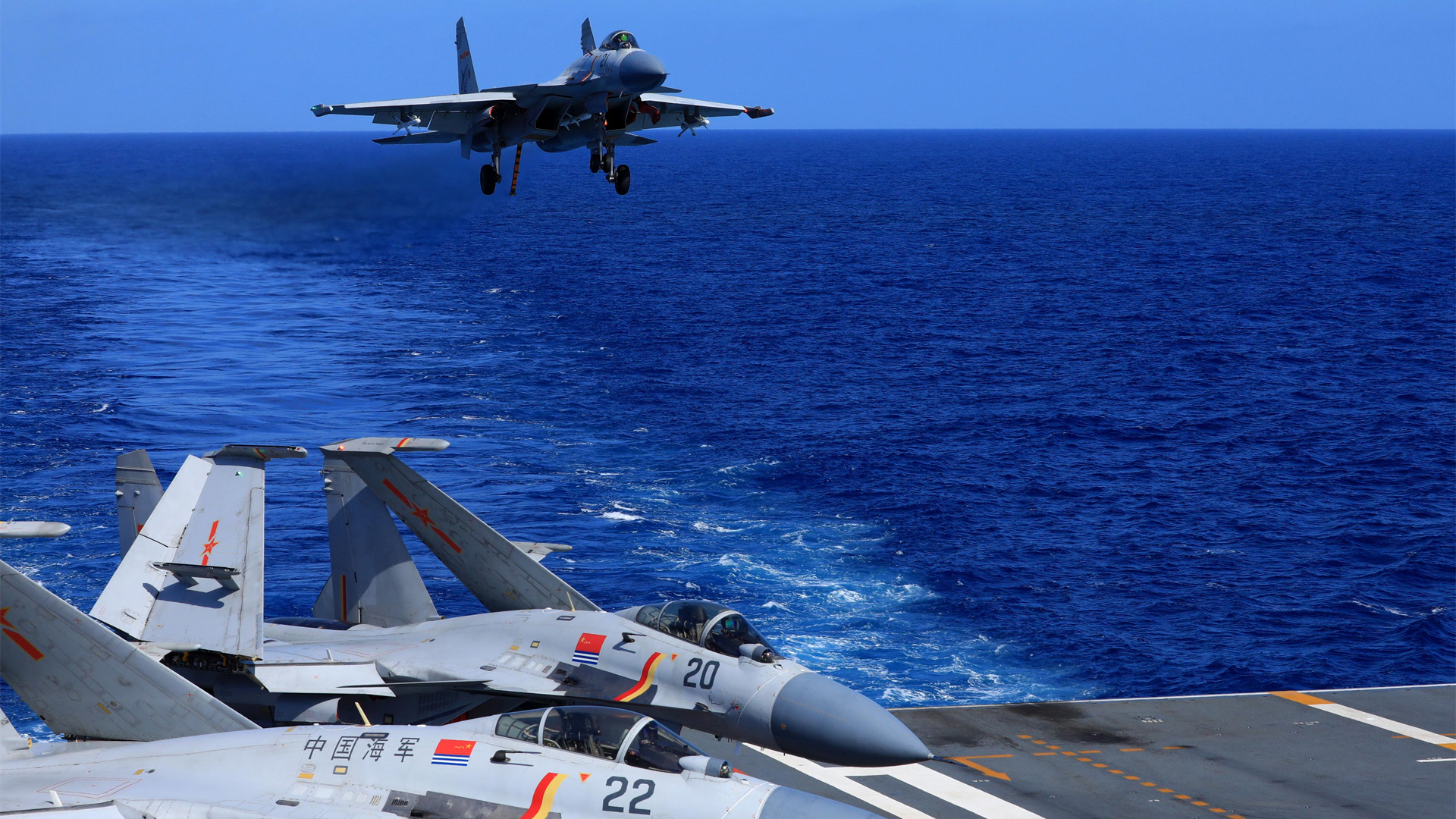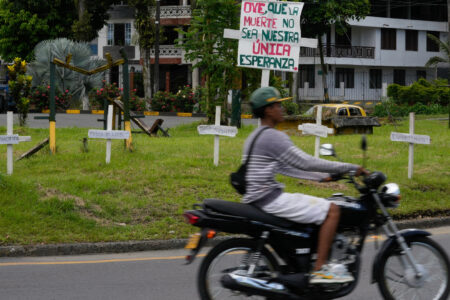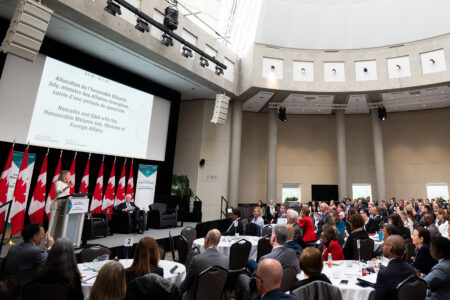
We are entering a new, difficult and dangerous period in international affairs, and it is good to have friends who will stand up for each other. Nowhere is this truer for Canada than in its recent efforts to greet both the opportunities and challenges of the Indo-Pacific region.
Though a little late, it is a very positive step to see Canada developing a Indo-Pacific regional strategy, as have all our friends and allies with related commercial and security interests in this part of the global commune. We should be committed to permanently assigning increased financial, military and diplomatic resources to the Indo-Pacific region.
This commitment is in our national interest, just as it is a part of our core values to help maintain international respect for the rule of law and human rights. One specific example would be for Canada to commit to the permanent basing of several warships and related assets in the Indo-Pacific region as soon as possible.
The Trudeau government’s recent speech from the throne noted that Canada will continue working with key allies and partners while making deliberate efforts to deepen partnerships in the Indo-Pacific region. Recent events across and beyond the region have forced the evolution of much of our previous thinking. A case in point is the 2021 collapse of the Afghan National Army. The ensuing chaos in Kabul caught the former coalition of contributing nations by surprise, and none more so than the U.S. and its closest allies.
Canada’s relations with China need bold recalibration
Sensing a vulnerability from a distracted America, China immediately focused on the Indo-Pacific region and upped its military and diplomatic pressure, both in the East China Sea, Taiwan and throughout the disputed regions of the South China Sea. As well, it initiated another round of punitive trade measures against Australia, and a flurry of “wolf warrior diplomacy” tactics against Japan and South Korea for trade irritants and other perceived slights.
In response, the U.S. and various allies have largely put aside their differences, with the U.S., U.K., Japan and the European Union becoming very vocal about China’s policies toward the Muslim-minority Uyghurs -— many of whom have been concentrated into large camps for “cultural re-education.” As well, the U.S., U.K., and Australia have announced a new defence arrangement (AUKUS) that would collect and share sensitive cyber, satellite and other sources of intelligence, as well as transfer cutting-edge technologies, including nuclear propulsion for submarines. Canada was not asked to join.
On a more positive note, the British recently offered Canada some help to defend the Canadian Arctic against unnamed threats (presumably Chinese and Russian), which is quite generous. China — sensing it may have temporarily overplayed its hand and caused its opponents to (mostly) pull together — has doubled down on the surge of bomber and fighter threats to Taiwan to maintain face. This comes with the increased risk of an unintended incident between opposing pilots, a nightmare scenario that could trigger a war. On another developing front, Russian President Vladimir Putin has expressed outrage over the expansion of NATO into areas under the immediate influence or control of Russia for decades after the Second World War, and has moved more than 100,000 heavily armed combat troops right up to the borders with Ukraine. A significant portion of these troops and tanks come from the Russian-Chinese border region, which implies a degree of transnational co-operation unseen since the heydays of the Sino-Soviet alliance of 1950.
The threat of an imminent invasion of Ukraine and the potential for an unintended Russian war with NATO has captured the attention of global leaders at a level unprecedented over the last two decades. As the world reawakens to a new era of superpower competition and possible confrontation, the U.S. and China are about to begin a determined and aggressive push to enlist friends and allies to their respective causes, and it is increasingly clear that Russia will side with China. It must be realized that the rules-based international order, which is again of critical importance and fundamental value to Canada, is facing significant challenges. The global focus of military deterrence, value confrontation and global trade development will be in and around the Indo-Pacific, a region that is also of critical importance to Canada.
It is far better to have friends and allies than to be left alone and isolated, and friends should be prepared to pull their proportional weight to contribute to mutual deterrence and co-operation. In this context, the Indo-Pacific region has a host of complicated issues including increased population densities; a keen appetite for resources; vast and lucrative markets; climate change impacts; growing disputes owing to the increasingly aggressive behaviour of both China and Russia; and the rise of populist leaders who respect strength and seek longevity above all else.
The U.S. and other allies are going to need our help with diplomacy, alliance development and representational military assets to help deter potential threats while patrolling the incredibly valuable lines of maritime supply and commerce from the region to North America. By helping them, we help ourselves.
We should concentrate on Canadian capabilities that would highlight the importance of the Indo-Pacific region in our diplomatic, commercial and security thinking, and move us from the status of the interested visitor to one who is increasingly present and committed. Much like we have done in places such as France, Germany, the Middle East, the Baltics and elsewhere, we should negotiate and establish a suitably geographically concentrated base in the Indo-Pacific region comprised of Canadian trade experts, diplomatic staff, security and maritime-centric military assets.
If a suitable facility could be arranged in Japan, for example, Canada could permanently station military assets and support systems while rotating the crews in and out of the region at six-month intervals, much like the deployment concept that the army and airforce have used elsewhere in Europe, the Middle East and Asia. This force package could include two surface warships and accompanying helicopters, a supply ship, several long-range maritime patrol aircraft, the occasional submarine, and some army teams to engage in training of regional ground forces.
The need for enhanced concentration of effort and deterrence in the Indo-Pacific region is clear, and the positive impacts would be significant. There will be a financial cost, of course, in setting up the Canadian base and keeping it going, but such is the price of peace. Deterrence, international co-operation, and burden-sharing are better than war, and history is full of well-meaning people who underestimated how quickly terrible things can happen should deterrence fail.









